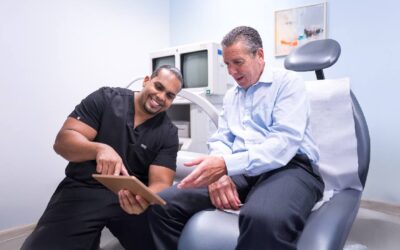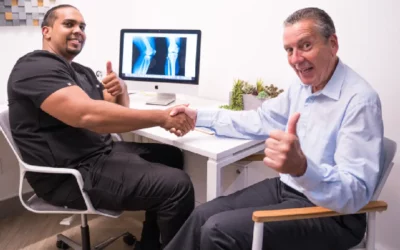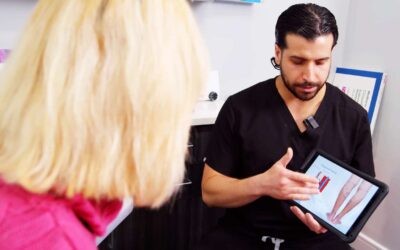How Do You Treat Heavy Legs? A Comprehensive Guide to the Treatment of Leg Heaviness
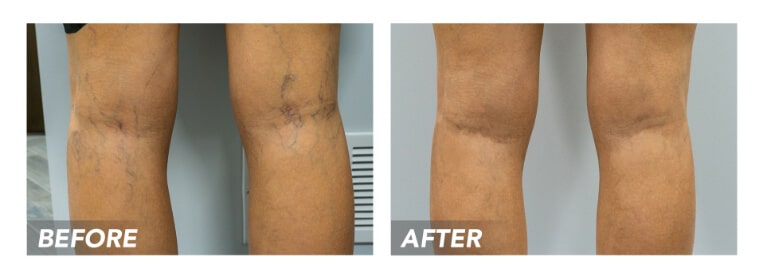
Step 1: Make small lifestyle changes to improve blood circulation and alleviate symptoms
Everyone suffers from heavy and tired legs occasionally. You may experience leg heaviness or achy legs because of overexertion or overuse of your muscles. When you engage in strenuous workouts without giving your muscles enough time to recover, you may suffer from achy legs — that’s completely normal. But if you experience persistently heavy and tired legs, you probably have an underlying medical condition that needs to be addressed.
In most cases, leg heaviness and achy legs are symptomatic of vascular conditions, such as varicose veins, chronic venous insufficiency, and restless leg syndrome. Venous insufficiency, the root cause of most vein problems, is a circulatory disorder wherein the collapse of vein valves leads to backward blood circulation and the accumulation of blood in leg veins. The continued accumulation of blood in leg veins eventually leads to vascular dilation and other vein problems.
Some of the most common symptoms of vein disease include spider veins, varicose veins, restless leg syndrome, leg heaviness, and frequent leg cramps. If your achy legs are accompanied by other signs and symptoms of vein disease, or if the symptoms worsen at night or after long periods of time, you must contact a reliable vein doctor near your location. Chronic venous insufficiency worsens if left untreated, so it must be treated at the earliest stage possible.
The only way to treat chronic venous insufficiency is with minimally invasive vein treatments. But you can implement some lifestyle changes to prevent the condition from worsening and alleviate the symptoms of vein disease, such as heavy and tired legs. The following lifestyle habits can improve the symptoms:
- Wear compression stockings regularly to push accumulated blood towards the heart.
- Participate in activities that improve blood circulation and push the accumulated blood from your leg veins to your heart, such as running, swimming, cycling, and yoga.
- Elevate your legs while sitting down to push blood towards the heart.
- Don’t sit or stand still for long periods of time.
Step 2: Contact a vein doctor if your leg heaviness is accompanied by other symptoms of vein disease
Lifestyle changes can temporarily alleviate the symptoms of vein disease, such as heavy and tired legs, making you feel better. But they can’t treat the root cause of your vein problems. That’s why you must contact a reliable medical center for vein treatment in New Jersey. When you contact a vein doctor, you can expect a thorough physical and virtual examination. The vein doctor will examine your leg veins, ask about your symptoms, review your medical history, and determine the likelihood of chronic venous insufficiency.
Step 3: The vein doctor will diagnose the root cause of your heavy legs
After a thorough evaluation, the vein doctor will administer an ultrasound test to determine if you truly have chronic venous insufficiency. Duplex ultrasound is a vascular imaging test that channels ultrasound energy into the diseased saphenous vein to visualize the blood flow in the leg veins. The vein doctor interprets the direction of blood flow to determine if you have chronic venous insufficiency. The duplex ultrasound results can also improve your ability to receive optimal insurance coverage for vein treatment.
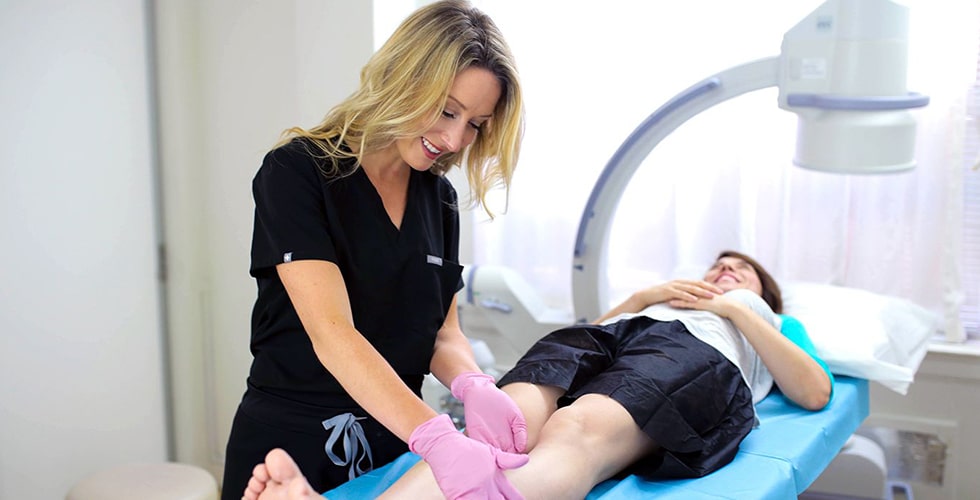
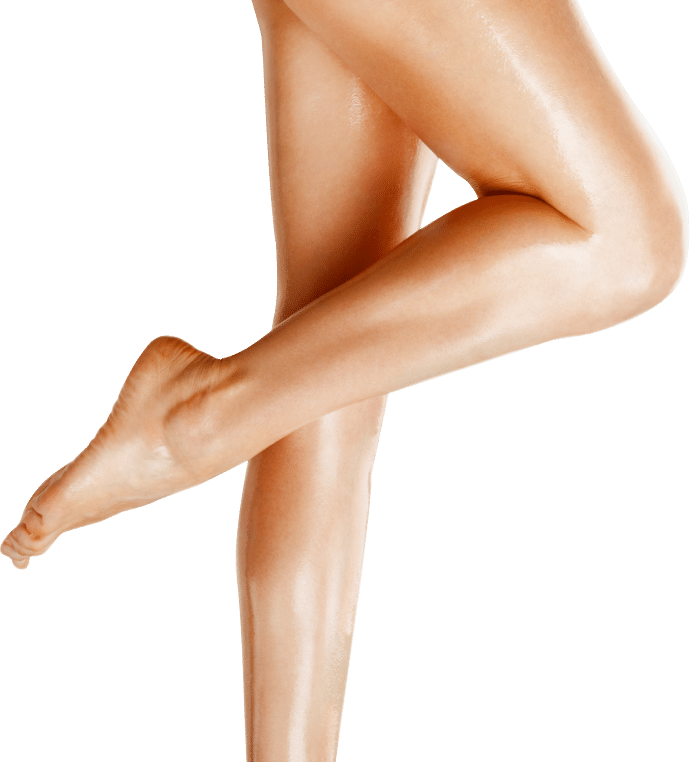
BOOK AN APPOINTMENT
Do you have any symptoms? Consult now with one of the Best Vein Specialist in New Jersey
Step 4: The vein doctor will curate a personalized vein treatment plan to alleviate your symptoms
The vein doctor will curate a personalized vein treatment plan based on your unique symptoms, the location and size of your spider veins and varicose veins, whether you have underlying vein disease, your medical history, your insurance coverage options, and your lifestyle concerns. The vein doctor will also provide a detailed description of your vein treatment options, including their pros, cons, cost, and other factors, giving you all the information to make an educated decision.
Step 5: The vein doctor will treat the root cause of leg heaviness
Our board-certified vein doctors only perform minimally invasive treatments that address the root cause of your vein problems. Some of the best minimally invasive procedures for chronic venous insufficiency include radiofrequency ablation, endovenous laser ablation, and venaseal. The primary goal is the same for all vein treatments — destroy the diseased saphenous vein responsible for your vein problems and reroute the accumulated blood into healthier leg veins. However, different vein treatments approach this goal through different methods.
Radiofrequency ablation uses thermal energy to treat chronic venous insufficiency. The vein doctor inserts a catheter into the diseased vein and activates it to generate thermal energy, which destroys the diseased vein and reroutes the accumulated blood into healthier veins. Laser ablation accomplishes the same goal as laser energy. The vein doctor inserts a laser fiber into the diseased vein and generates laser energy. Venaseal is a unique treatment that involves injecting a medical glue into the diseased vein to seal it shut.
In addition to minimally invasive procedures for chronic venous insufficiency, the vein doctor also performs treatments for superficial varicose veins and spider veins. You may also suffer from leg heaviness because of varicose veins, so it’s important to remove the unhealthy veins. The vein doctor performs ambulatory phlebectomy, which involves making small incisions on the skin’s surface to extract the superficial varicose veins and improve your vascular health.
Step 6: Resume your daily activities and follow the vein doctors’ aftercare guidelines
Minimally invasive vein treatments conclude within an hour, so you can resume your daily activities immediately after the treatment. However, you must follow the vein doctor’s aftercare guidelines to ensure optimal results and recovery:
- Wear compression stockings after the vein treatment
- Don’t lift heavy objects for a few days
- Avoid strenuous workouts and physical activities
- Elevate your legs while sitting down
- Walk frequently
- Don’t sit or stand still for long periods
NJ Vein Doctors
Meet our team of New Jersey Vein Treatment Specialists
Vein Treatments are covered by most major medical insurances, including Medicare. Call us today to verify your insurance for FREE >
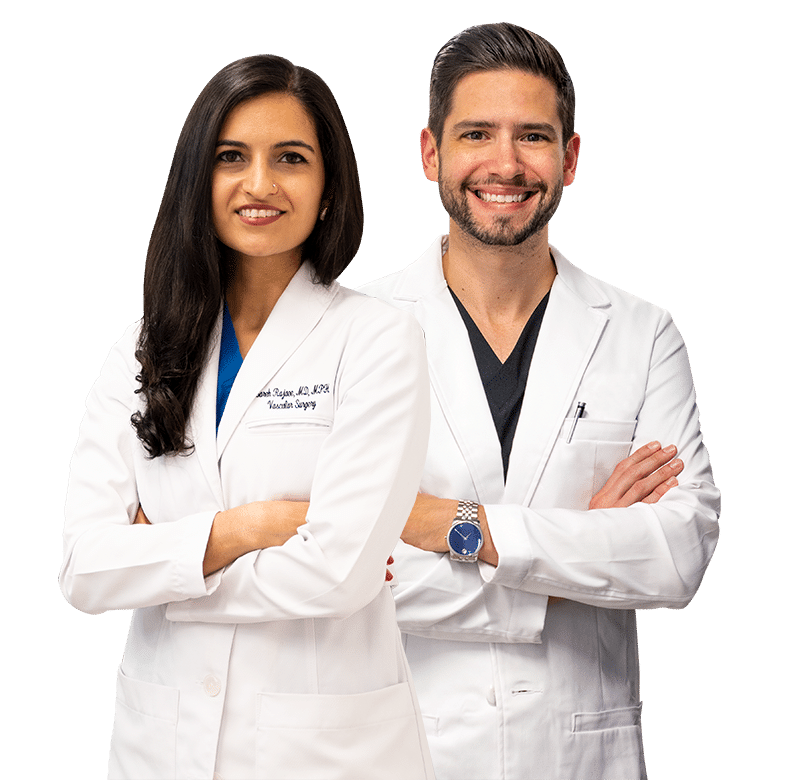
Meet our Team of Top Vein Specialists in New Jersey
Contact us
CALL US
Speak instantly with one of our team members; they will answer any questions you may have regarding insurance coverage, booking an appointment and our vein treatment locations. (973) 946-8082
BOOK APPOINTMENT
Visit our Book Appointment page and instantly request an appointment at the New Jersey vein center. We offer Free Insurance Verification before your appointment.
